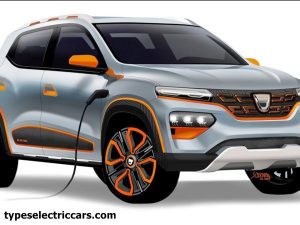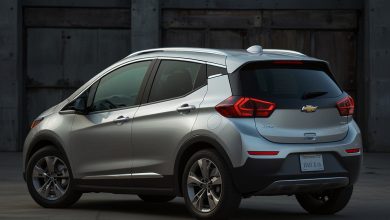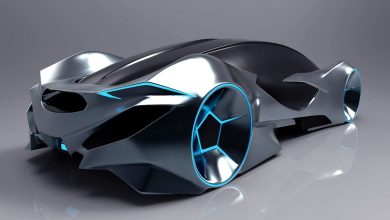Features Of Electric Cars
What is the lifespan of electric car batteries?

What is the lifespan of electric car batteries? The life of an electric car battery depends on many factors. The number of charging cycles, the type of charging (fast charging), even driving style, and external factors affect aging. As a rule, an electric car battery lasts about eight to ten years. Until then, the battery will not suddenly break, it just means that the charging capacity will be significantly reduced. The range is usually reduced by about a third.
What is the lifespan of electric car batteries?
- The larger the batteries for electric cars, the more the materials will change due to the constant charging and discharging processes.
- Over time, the battery loses capacity, reducing range.
- The right care can delay aging, but it cannot stop it. The capacity decreases little by little after the first charge, and after a few years, it usually drops to 70 to 80 percent.
- The same applies to scope.
- Even extremely cold temperatures have a negative effect on energy storage capacity.
- If you need a certain range, you should take into account the capacity loss when buying an electric vehicle and consider a vehicle with a larger battery if necessary.

What are the prices of electric car batteries?
- According to a survey by management and strategy consulting firm McKinsey & Company.
- Electric vehicle battery prices fell 80 percent between 2010 and 2016.
- About $230 owed per kilowatt-hour (kilowatt-hour).
- In the example of a 60 kWh battery, you should expect about $14,000 for a battery.
- Electronic cars are (still) much more expensive than similar gasoline engines just because of the battery costs.
- ADAC calculated that an electric vehicle saves about 30 euros per month compared to a similar gasoline engine. This is based on a fuel price of 1.30 euros per liter of the Super and an electricity price of 28 cents per kWh.
- However, the consumption of electronic cars should be higher due to the aging of the battery.
What should be considered when downloading?
- Even with the correct procedure when charging electric car batteries, the cells can be greatly preserved and the service life can be extended.
- Full battery discharge should be avoided if possible.
- In general, extreme levels of charge, full and discharge, have a negative effect on the state of the energy store.
- A battery level between 20 and 80 percent is ideal. When the electric vehicle is fully charged.
- You can conserve the battery by using it as soon as possible so that the charge level does not last for too long.
- Fast charging is also harmful to the battery, and therefore it should not be used often.
- To preserve the battery, it must be recharged as often as possible.
- The charging process takes a long time, but it is very nice.
- For many electric cars, there are now apps or remote controls with a charging timer.
- This ensures that charging is done at the perfect speed.
- For example, if departure is programmed for a period of time in the morning, the timer ensures that a full charge is reached shortly before departure.
- You can also set that the battery should only be charged up to a certain point (such as 80 percent).




